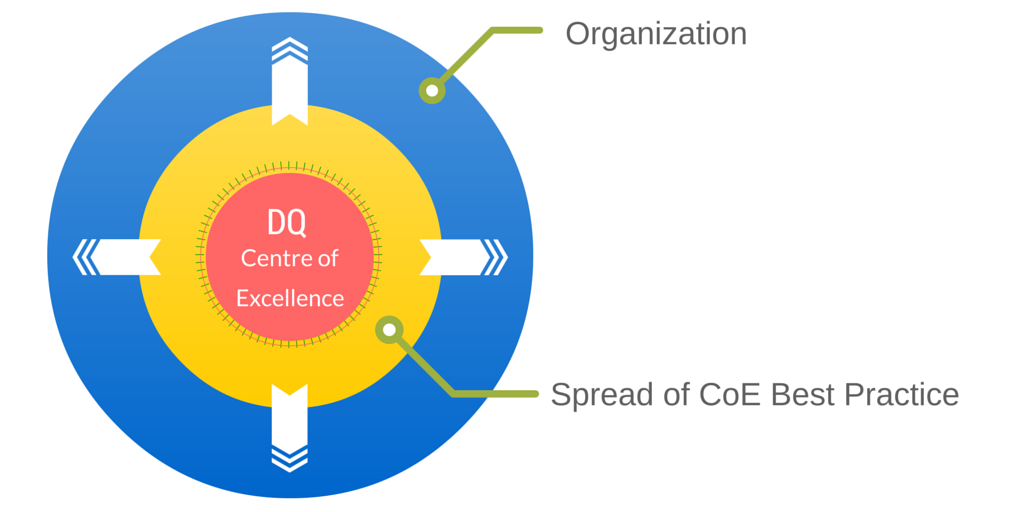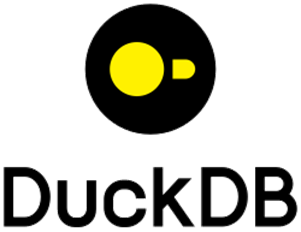 I recently presented a webinar (via the IAIDQ) on the topic of 7 Habits of Effective Data Quality Leaders. To prepare, I looked back at the many interviews of leading data quality practitioners I had undertaken over the years.
I recently presented a webinar (via the IAIDQ) on the topic of 7 Habits of Effective Data Quality Leaders. To prepare, I looked back at the many interviews of leading data quality practitioners I had undertaken over the years.
A common trait among all these interviews stood out – they all wanted to build a scalable vision for data quality.
One of the problems businesses face is moving from a reactive, firefighting mentality to a scalable data quality capability across the enterprise. In the webinar, I talked about how most organizations have pockets of data quality activity scattered across the organization but in a highly disjointed manner. To paraphrase the British comedian Eric Morecambe, they’re playing all the right notes, but not necessarily in the right order.
So how do you scale your data quality vision? How do you pull together these disparate efforts? Increasingly, I see the solution emerge through the development of a Data Quality Center of Excellence (DQ CoE). In an interview covering Data Quality Centre of Excellence creation with data quality author and practitioner, Laura Sebastian-Coleman, we got an insider view of what it’s like to build and sustain a DQ CoE. Laura describes the influence of a DQ CoE using three circles (as shown below):
- The larger outer circle is the entire organization.
- The DQ CoE is the small circle in the center of the organization.
- A third circle lies between the wider organization and the CoE.
Responsibilities of the Data Quality Center of Excellence
The role of the DQ CoE is to identify common data quality practices, standardized tools and processes. The DQ CoE then tests them in different scenarios and recommends how to adopt them.
In Laura’s organization, the DQ CoE staff would also be responsible for data quality activities for a while. But to make them stick long-term, the DQ CoE would make sure that other parts of the organization adopted them as well, in a business as usual capacity. The DQ CoE, therefore, has a strong focus on training and support. This constant focus on training is where the scalability angle is addressed – because there are not enough DQ CoE staff members to service the full spectrum of data quality capabilities the organization needs.
Expanding best practices
The third circle in the illustration consists of those who adopt best practices and expand their use within the organization, following the training, support and technology platform adoption.
If you're a data quality leader, it's your goal to help widen this middle circle so that the improvements the CoE advocates will spread throughout the organization. As you do this, the principles needed to create and maintain high-quality data will also spread.
Finally, you need to address the issue of technology. I firmly believe it makes no sense to have a scattering of different solutions. It is far more practical and cost-effective to settle on one unified data quality platform that provides a standard training curriculum and skills across the company. A single data quality stack makes it easier to monitor and improve information chains, and a standard toolset permits more effective sharing of data quality rules and processes.
By adopting common processes, tools and skills, you can start to scale a data quality capability in your organization. It's certainly not an overnight activity; it typically takes several years. But the benefits are fully documented and well understood by people like Laura and many others who have adopted the scalability habit so common in progressive data quality leaders.
How have you helped to scale data quality in your organization? I welcome your views and questions in the comments below.








